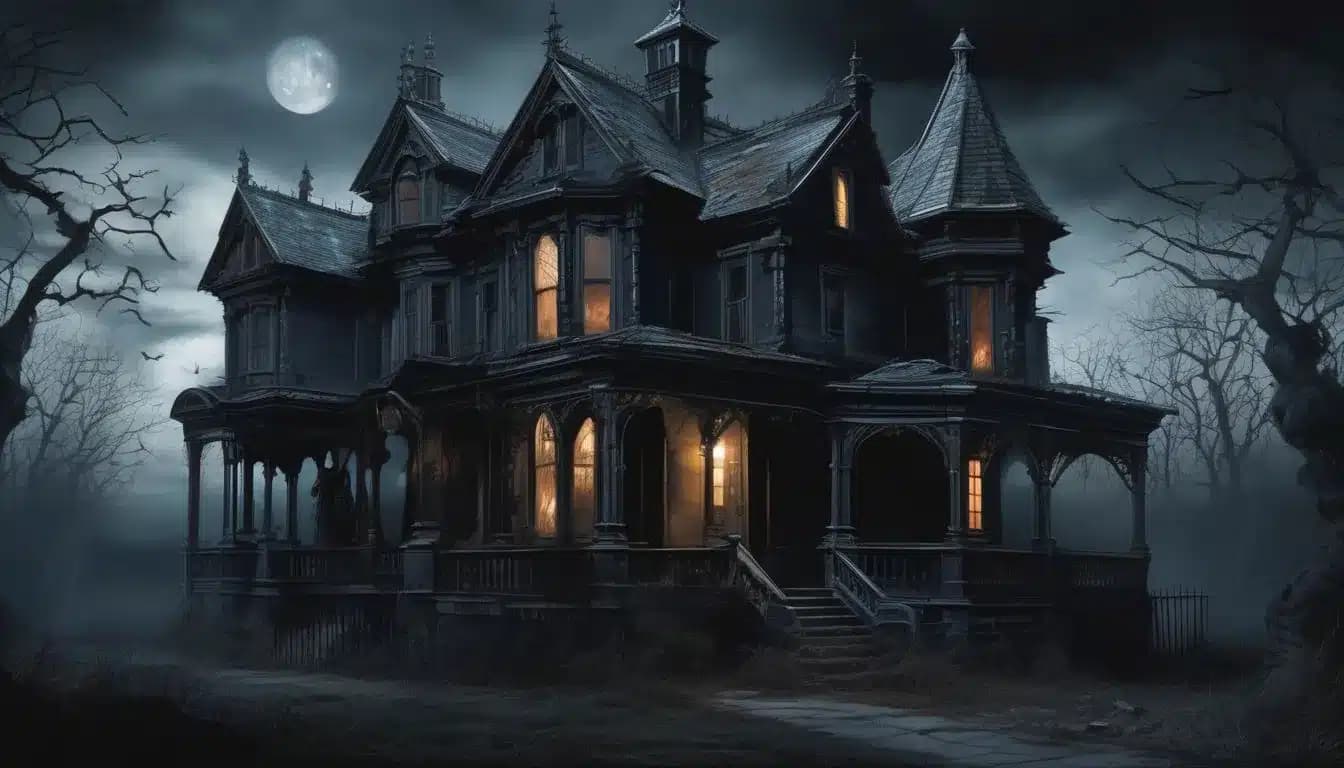
Paranormal Activity: Real Encounters or Just Myths?
The fascination with paranormal activity has captivated human imagination for centuries. From ancient legends and folklore to modern-day eyewitness accounts, the debate over whether paranormal phenomena are real encounters or mere myths continues to intrigue and perplex. This article delves into historical accounts, scientific perspectives, personal testimonies, and the efforts to debunk common misconceptions surrounding […]